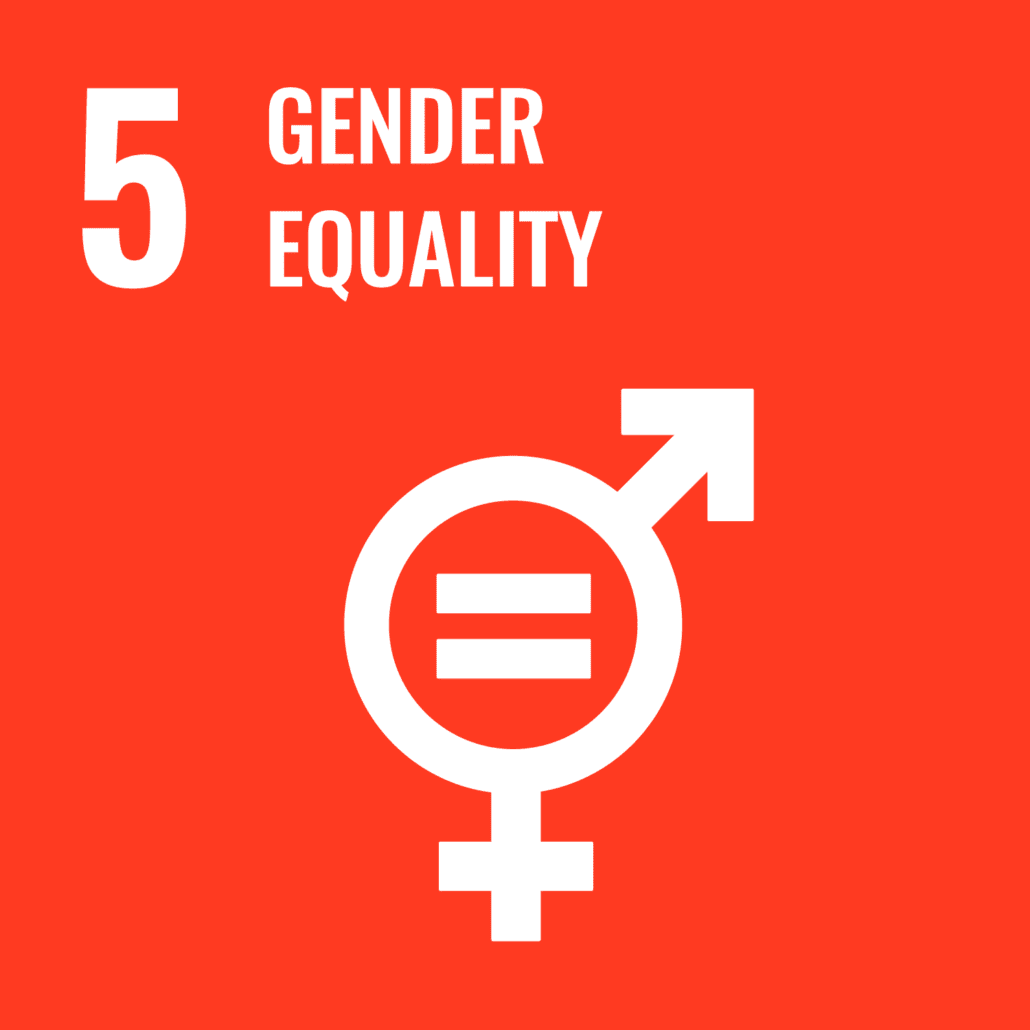Digital literacy to promote gender equality in Central Asia, UN Women’s Deputy Regional Director says
Digitalization and innovation have transformative effects on women in Central Asia. The Central Asian Women’s Dialogue, supported by UN agencies, addresses women’s rights and aims to bridge gender disparities in STEM fields through equitable access to ICT and digital literacy.

According to UN Women’s Deputy Regional Director Elisa Fernandez Saenz, digitalization and innovation significantly influence the lives of women and girls in Central Asia. Speaking at the Dialogue of Women of Central Asia, where Kazakhstan assumed chairpersonship, Fernandez Saenz emphasized the transformative power of these factors. Saenz discussed the expectations from Kazakhstan’s chairpersonship to narrow the gender wage gap and empower women by concentrating on mobile internet connectivity for digital progress.
Kazakhstan hosts the Central Asian Women’s Dialogue, a forum for addressing women’s rights and encouraging collaboration among Central Asian women. The debate, supported by the UN Regional Center for Preventive Diplomacy in Central Asia (UNRCCA), UN Development Programme (UNDP), and UN Women, intends to address gender equality and major regional priorities.
Although Central Asian nations offer universal basic and secondary education, there is a significant gender disparity in science, technology, engineering, and math (STEM) fields. Fernandez Saenz emphasized that ensuring equitable access to information and communication technology (ICT) and promoting digital literacy has become crucial for ensuring equal access to public services, education, online learning, and fostering economic activities and entrepreneurship.
Fernandez Saenz also stressed the need to strengthen legislative frameworks, increase support services, and promote a culture of zero tolerance for gender-based violence. The Central Asian Alliance to End Gender-Based Violence Initiative (GBVI) is set to launch in Almaty next week. The initiative aims to facilitate the exchange of experiences, knowledge, and best practices to prevent and address gender-based violence in Central Asia.

